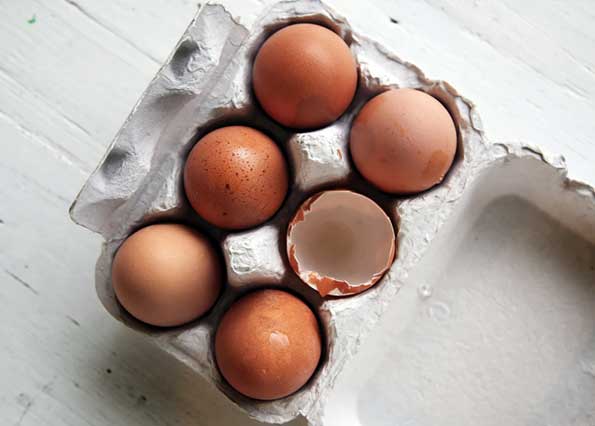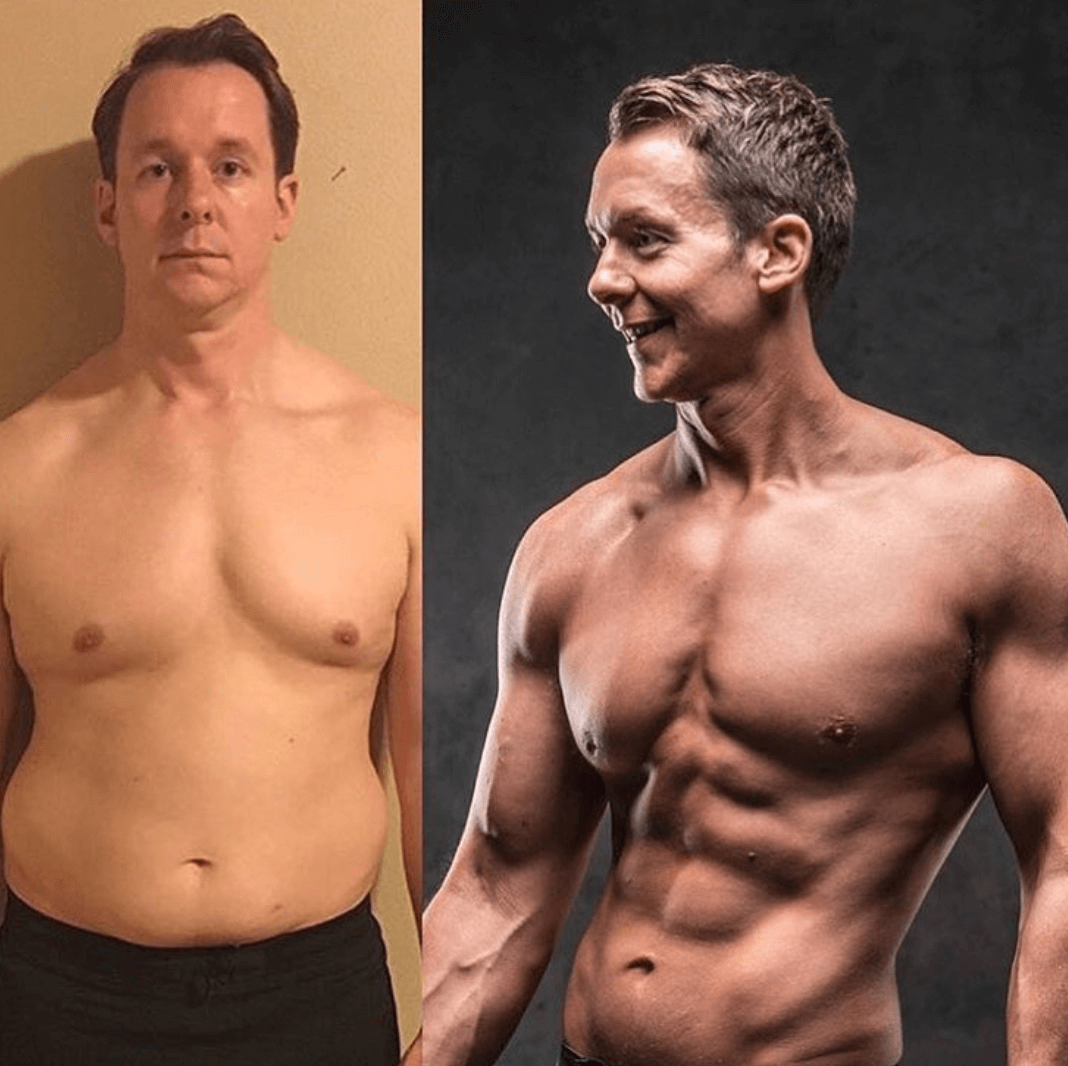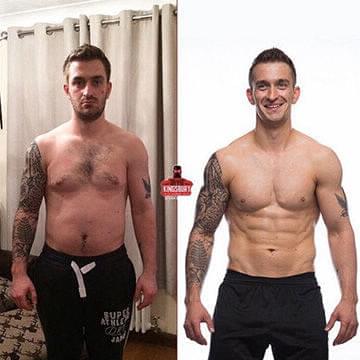There’s a lot of talk on the internet about high protein diets and whether there’s any health risk associated with a high protein diet.
This article will have a look at the evidence, and hopefully show you that protein is your friend.
First off, what is protein and why should you be eating it?
Protein is one of the three main macronutrients, or macros, that make up you diet, the others being carbohydrates and fats. They are made of amino acids, which are required almost everywhere in your body. If you don’t eat enough of these, your body will start to break down muscle in your body to create its own amino acid source. If you eat no or almost no protein, this can lead to serious illness or death.
There’s lots of different types of amino acids. Meat and animal products contains a good balance of them all, so if you get your protein from meat, dairy or eggs, you’re all set.
It used to be thought that vegetarians needed to mix their protein sources to obtain the right balance of amino acids, but we now know that if you are a vegetarian and you have a moderately balanced diet, you’ll be fine. The only exception to this rule is if your diet relies very heavily on fruit, tubers (potatoes), or junk food (flour, sugar and fat). If this describes your diet, I would strongly recommend changing your diet.
So, we need some protein. But how much?
In the UK, the Recommended Minimum is .75g per kg of body weight. This works out to just over 50g if you weigh 70kg, or 200 calories from protein. If you weigh 70kg, you’re probably eating around 2000 calories a day, so that works out to 10% of your calories from protein.
However, this is a minimum to remain healthy. I would recommend eating a lot more than 10% protein, especially if you are trying to build muscle. As muscles are made of protein, if you aren’t eating enough protein, you won’t be able to grow muscle. I would recommend eating about 40-50% of calories from protein if you are trying to build muscle, and around 30% if you are just trying to keep healthy.
What about the stories about protein being bad for my health?
Let’s look at the main stories against protein one at a time:
Heart disease?
There is a correlation between protein consumption and heart disease. However, there is no evidence that it is the protein which is causing the heart disease. A diet heavy in fatty meats such as pork and red meat is high in fat, and a high fat diet can cause heart disease. If you eat a lot of fatty or processed meat, you should consider swapping it for lean unprocessed meats instead.
Liver and kidney damage?
If you have kidney or liver damage, your doctor will tell you to cut down on protein. That’s because protein causes your kidneys and liver to work harder to process your food, and if you have damaged kidneys or liver already, this is a bad idea.
However, if your kidneys and liver work fine, there’s nothing to worry about: there is no evidence that eating lots of protein causes kidney or liver damage.
Osteoporosis?
It is true that your body can lose some calcium due to high protein consumption, but there is no evidence that osteoporosis, or bone damage, can be caused by this, provided your diet contains a source of calcium. There’s plenty of calcium in dairy products, seafood, fruit, legumes and leafy greens. If your diet contains none of these things, you should seriously consider changing your diet, as a lack of all those foods is likely to have other much more serious health ramifications.
In fact, bones are made of protein. Evidence has shown that a high protein diet can decrease the risk of getting osteoporosis, especially among those most at risk, the elderly. Also, resistance training combined with protein consumption strengthens bones over time.
Cancer risk?
This is a tricky issue as there is a link between high protein intake and cancer. However, there is no evidence that it was the large amount of protein in a diet that caused the cancer. If someone eats a lot of fatty meat they will be consuming a lot of protein, but also a lot of fat which can contribute to increased chance of cancer. Similarly, protein rich char-grilled meats are likely to be carcinogenic.
There has been a link shown between processed meat and bowel cancer. Examples include meats such as deli meats, sausages, bacon and salami, but not mince and fresh burgers. I would recommend limiting your intake of these meats anyway, as they are often high in fat and additives, and sticking to unprocessed low fat white meats such as chicken, turkey and fish.
So why should I consider a high protein diet?
I mentioned before that if you’re trying to build muscle, it is important to eat a large amount of protein, up to 35-45% of calories from protein when training, to allow your muscles to repair and overcompensate (grow) after working out.
Protein is also a great source of calories when dieting. Most people find that eating protein makes them feel more full for longer, which is a plus if you’re on a calorie restricted diet and are worried about hunger pangs. Eating protein also makes it more likely that your body will retain it’s muscle while burning fat, improving body composition. Finally, protein, especially unprocessed sources of protein, require a large amount of energy to digest. For this reason, the actual calories your body gets from your food could be as much as 30% less than what you might think you’re eating.
So go out and eat lots of protein. Just make sure you have a balanced diet, with lots of fresh unprocessed foods.
And if you’d like access to hundreds of recipes, all of them prepared using real ingredients, with a protein balance and calorie content carefully tailored to your needs, check out my nutrition system BetterSelf
A note on protein and vegetarians:
It is a popular myth that there are complete and incomplete protein sources and that if you are vegan you need to eat a mixture of protein sources with your meals to get the right balance of amino acids.
We now know this is not true.
If you are vegan or vegetarian, and eat enough calories, you will be eating enough of every amino acid. The only exceptions are if your diet relies very heavily on fruit, tubers (potatoes), or junk food (flour, sugar and fat). If this describes your diet, I would strongly recommend changing your diet.
There are lots of protein sources available to vegetarians and vegans. These include:
- Legumes: examples include peas, lentils, peanuts, beans and bean-derived products such as tofu and black bean spaghetti
- Nuts and seeds, such as hazelnuts, sesame seeds, almonds and chia. These are often very fatty, so I would not recommend relying on them as your sole source of protein.
- Grains and cereals, such as corn, rice, oats, wheat, quinoa and barley. These are however often high in carbohydrates. Quinoa for example is 15% calories from protein, but 75% from carbs.
- Eggs. Almost all the protein is found in the whites. The yolk of the egg is quite fatty, so if you’re eating lots of eggs to up your protein intake, maybe consider ditching the odd yolk.
- Mycoprotein: otherwise known as Quorn.
- Dairy products: Milk, Yoghurt and Whey. I’d recommend Skyr as a fat-free, sugar-free tasty whole protein.
- Green vegetables and leaves, such as broccoli, asparagus and spinach










